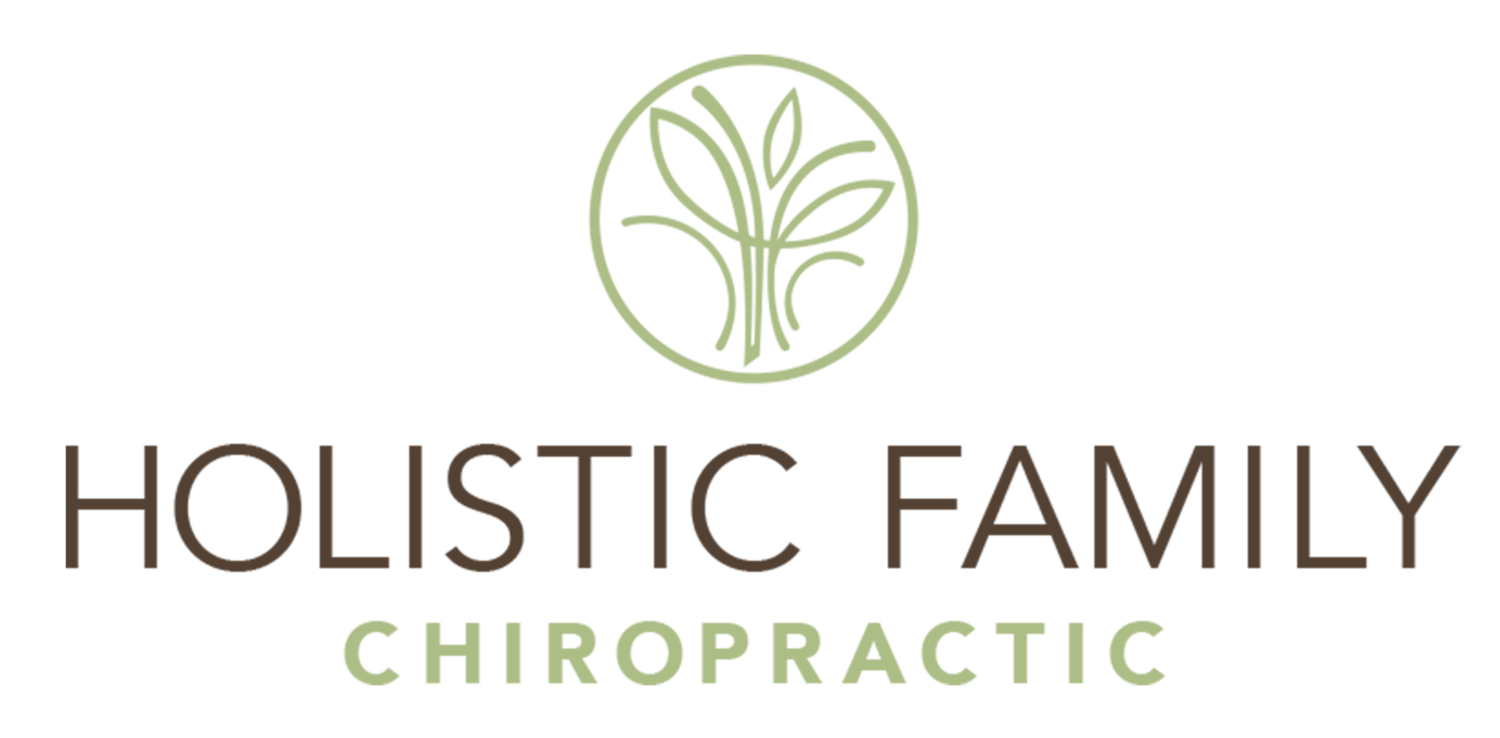Lessons from Science Simplified: Inflammation
Let’s unpack the meaning of inflammation in your body, its impact on your health, and natural strategies to reduce it.
What is Inflammation?
Inflammation is your body's natural defense mechanism. It helps protect you from harmful invaders like bacteria and toxins and is a vital part of the healing process, helping to repair tissue and fend off infections. However, when inflammation becomes chronic, it can lead to a host of health issues, including heart disease, diabetes, cancer, and obesity.
Types of Inflammation
There are two types of inflammation: acute and chronic.
Acute inflammation is the body's immediate response to injury or infection, characterized by redness, swelling, and warmth. It's a temporary state that aids in healing.
On the other hand, chronic inflammation is a prolonged response that can persist for months or even years, often due to factors like poor diet, stress, and long-term health conditions.
The Impact of Chronic Inflammation
Chronic inflammation is a silent contributor to many chronic diseases. It can manifest as joint pain, skin issues, mood disorders, and gastrointestinal problems, amongst other problems.
Alarmingly, 60% of global deaths are attributed to some form of chronic inflammatory disease. Because of that, understanding and managing chronic inflammation is crucial for maintaining optimal health.
Factors Contributing to Chronic Inflammation
Several factors can fuel chronic inflammation, including:
Chronic stress: Persistent stress can elevate blood pressure and strain the body's systems. Managing stress is essential for reducing inflammation.
Diet and gut health: What you eat significantly impacts inflammation levels. A diet high in processed foods and low in nutrients can exacerbate inflammation.
Exposure to toxins: Environmental toxins from food, water, and air can contribute to inflammation. Reducing exposure is vital for health.
Victoria’s Journey: Combatting Stress & Inflammation
Victoria, one of our team members, graciously shared her journey of overcoming chronic stress and inflammation during the workshop.
Through counseling, dietary changes, and the SHAPE ReClaimed program, she transformed her health, losing weight and reducing inflammation. Her story was such an inspiration and shows that change is possible.
▶️ You can jump to her story at 5:53 in the video up top!
Actionable Steps to Manage Inflammation
Dr. Nate went on to share several strategies for combatting inflammation:
Dietary changes: Adopt an anti-inflammatory diet rich in omega-3 fatty acids, found in fish, walnuts, and leafy greens. Reduce omega-6 intake from processed foods.
Movement: Aim for at least 30 minutes of physical activity five times a week. Regular exercise improves circulation and reduces inflammation.
Stress reduction: Incorporate stress-reducing practices like meditation, yoga, or counseling to calm the mind and body.
Supplements: Consider omega-3 supplements and zinc to support your body's anti-inflammatory processes.
Decrease toxins: Avoid smoking, limit (or eliminate) your alcohol intake, and decrease exposure to other chemicals.
Health assessment: Regularly assess your health for signs of inflammation, such as joint pain, digestive issues, and mood disorders.
Self-Assessment: Are You Experiencing Inflammation?
Inflammation is a complex but manageable aspect of health. By understanding its causes and implementing lifestyle changes, you can reduce your risk of chronic diseases and improve your overall well-being.
You can start by evaluating your combination of symptoms and risk factors.
Symptoms Assessment: Do you have any of the following?
Pain, swelling, or stiffness
Chest or abdominal pain
Sores or rashes
Frequent infections
GI issues
Unexplained weight loss or gain
Depression, anxiety, or other mood disorders
Factors Assessment: Are you doing or experiencing any of the following?
Low physical activity
Chronic stress
Excess weight
Eating foods that are high in salt or trans fats
Disrupted sleep
Smoking
Excess drinking
Exposure to chemical, air pollution, or hazardous waste
Actions You Can Take:
Add more leafy greens in your diet
Increase physical activity
Decrease intake of processed foods
Limit alcohol consumption
Quit smoking
Take supplements
Get regular adjustments
Incorporate stress reduction strategies
We're here to support you on your journey to health. Remember, every day is a new opportunity to make positive changes.
Don't wait! Schedule your next appointment with us today to discuss your personalized plan for managing inflammation.



